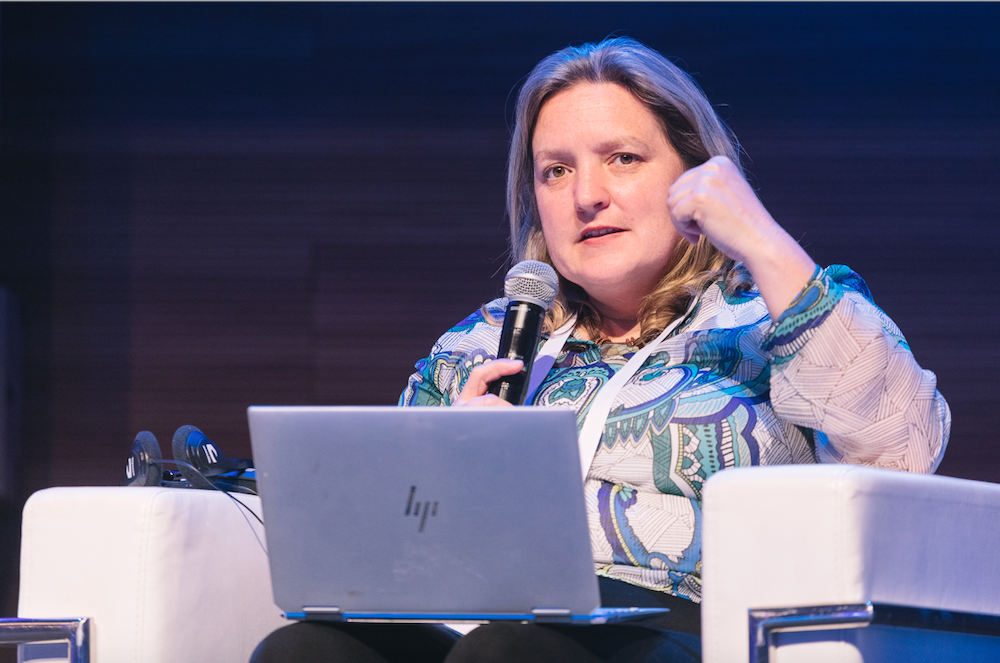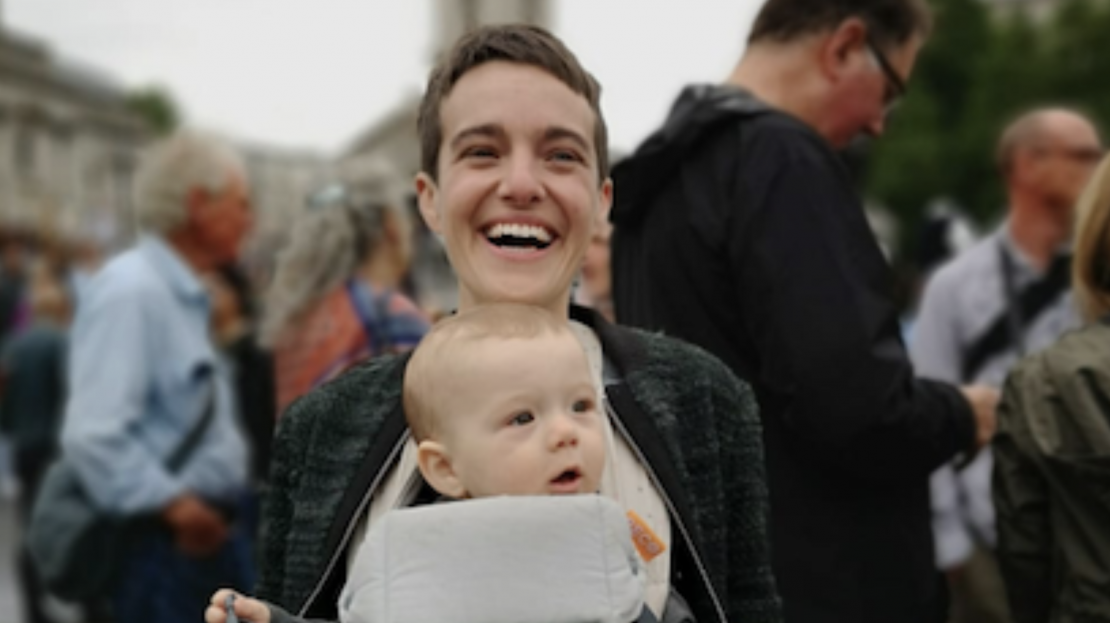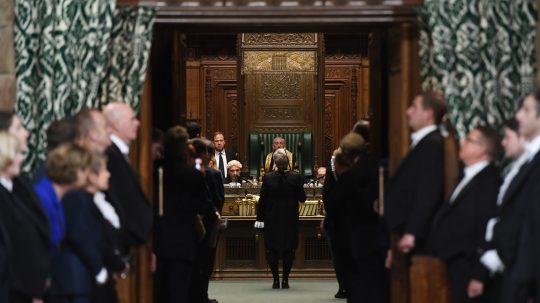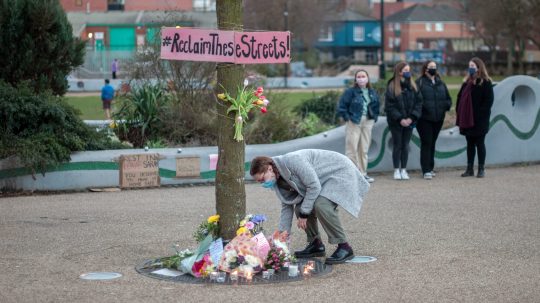In the UK, there are several Bills and Acts that may threaten the right to free speech under UK and international law, including the Public Order Bill, The Police, Crime, Sentencing and Courts Act 2022, The Online Safety Bill to name a few. The right to free speech is protected under Article 10 of the the Human Rights Act (HRA) and under Article 19 of the Universal Declaration of Human Rights. Freedom of speech protects the right to express and disseminate opinions, ideas and information through any means, as well as providing a tool to hold authorities to account. Quinn McKew, Executive Director of advocacy group Article 19, tells us how the Public Order Bill threatens democracy in the UK.
Article 19’s work defends the right for all voices to be heard, regardless of their status. The international advocacy group works to ensure that everyone can freely express themself and actively engage in public life without fear of discrimination. Article 19 speaks with one voice, through courts of law and through global and regional organisations.
McKew has a Master’s degree in Business Administration from Georgetown University, focusing on global non-profit management, and a Bachelor’s degree in International Relations and the Environment from Stanford University. Prior to joining Article 19 in 2020, she worked for the largest non-profit management consultancy in Europe and was a campaign manager for leading environmental organisations in the United States (US).
For McKew: “Freedom of expression is the ability to seek and impart information, to be informed, to be able to kind of raise your voice against injustice, or just for common issues that are important to you.”





